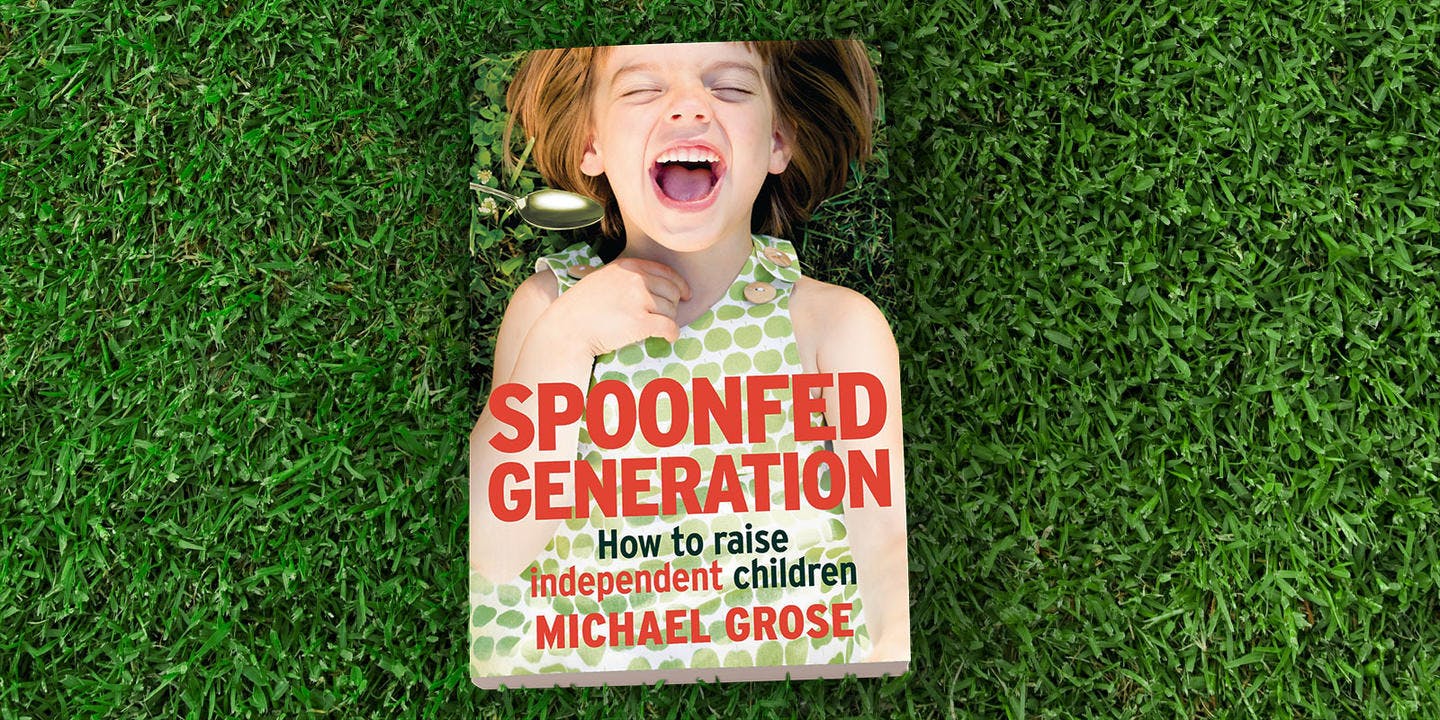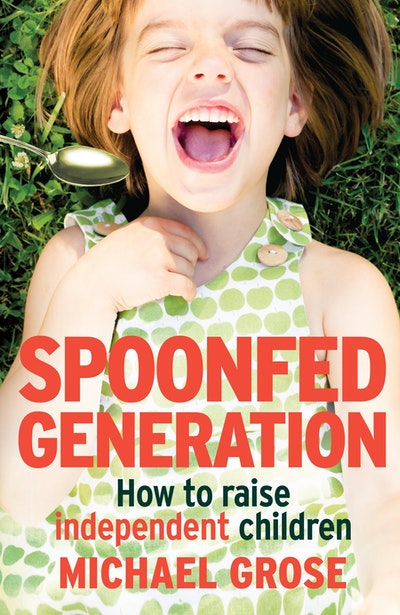Six tips to help your kids become problem-solvers.
In Spoonfed Generation, leading parenting and educational writer Michael Grose offers parents insights into the benefits of letting their kids reclaim independence. Never before has a generation been so dependent on their parents, he argues, now it’s time to remove the spoon and put it back in the drawer.
There are many stages of letting go of control over your children’s lives. And you can empower your kids with the tools they need to make good decisions and find positive places in the world. From the pages of Spoonfed Generation, here Grose offers tips on encouraging your kids’ to think for themselves.
How to encourage kids to be problem-solvers
When parents solve all children’s problems we not only increase their dependency on adults but we teach kids to be afraid of making mistakes and to blame themselves for not being good enough. That’s fertile ground for anxiety and depressive illness.
So, how can we raise kids to be courageous problem-solvers rather than self-critical scaredy cats? Here are six practical ideas to get you started.
1. Turn requests into problems for kids to solve
Kids get used to bringing their problems to parents to solve. If you keeping solving them, they’ll keep bringing them. ‘Mum, my sister is annoying me!’ ‘Dad, can you ask my teacher to pick me for the team?’ ‘Hey, I can’t find my socks!’ It’s tempting if you are in a time-poor family to simply jump in and help kids out. Alternatively, you can take a problem-solving approach, cuing them to resolve their own problems and take responsibility for their concerns.
‘What can you do to make her stop annoying you?’ ‘What’s the best approach to take with your teacher?’ ‘Socks, smocks! Where might they be?’
2. Ask good questions to prompt problem-solving
A problem-solving approach relies on asking good questions, which can be challenging if you are used to solving your child’s problems. The first question when a child brings you a problem should be: ‘Can you handle this on your own?’ Next should be, ‘What do you want me to do to help you solve the problem?’ These questions are not meant to deter children from coming to you; rather, to encourage and teach them to start working through their own concerns themselves.
3. Coach them through problems and concerns
So, your child feels she was unfairly left out of a school sports team by a teacher and asks you to get involved. The easiest solution may be to meet with the teacher and find out what’s going on. You may or may not resolve the problem but in doing so you are teaching a child to become dependent on you. Alternatively, you could coach your child to speak to the teacher herself and find out why she was left out. Obviously, there are times when children need their parents to be advocates for them such as when they are being bullied, but we need to make the most of the opportunities for children to speak for themselves. Better to help your child find the right words to use and discuss the best way to approach another person when they have problems. These are great skills to take into adulthood.
4. Prepare kids for problems and contingencies
You may coach your child to be independent – walk to school, spend some time alone at home (when old enough), catch a train with friends – but does he know what to do in an emergency? What happens if he comes home after school and the house is locked? Who should he go to? Discuss different scenarios with children whenever they enter new or potentially risky situations so that they won’t fall apart when things don’t go their way. Remember the Boy Scouts motto – be prepared!
5. Show a little faith
Sometimes you’ve got to show faith in children. We can easily trip them up with our negative expectations, such as by saying ‘Don’t spill it!’ to a child who is carrying a glass filled with water. Of course, your child doesn’t want to spill it but you’ve just conveyed your expectations with that statement. We need to be careful that we don’t sabotage children’s efforts to be independent problem-solvers with comments such as, ‘Now don’t stuff it up!’ ‘You’ll be okay . . . won’t you?’ ‘You’re not very good at looking after yourself!’
6. Applaud mistakes and stuff-ups
Would a child who accidentally breaks a plate in your family while emptying the dishwasher be met with a ‘That’s really annoying, you can be clumsy sometimes’ response or an ‘It doesn’t matter, thanks for your help’ type of response? Hopefully it won’t be the first response, because nothing shuts down a child’s natural tendencies to extend themselves quicker than an adult who can’t abide mistakes. If you have a low-risk-taking, perfectionist nature, consider throwing a little party rather than making a fuss when they make errors so they can learn that mistakes don’t reflect on them personally, and that the sun will still shine even if they break a plate, tell a joke that falls flat or don’t get a perfect examination score.













